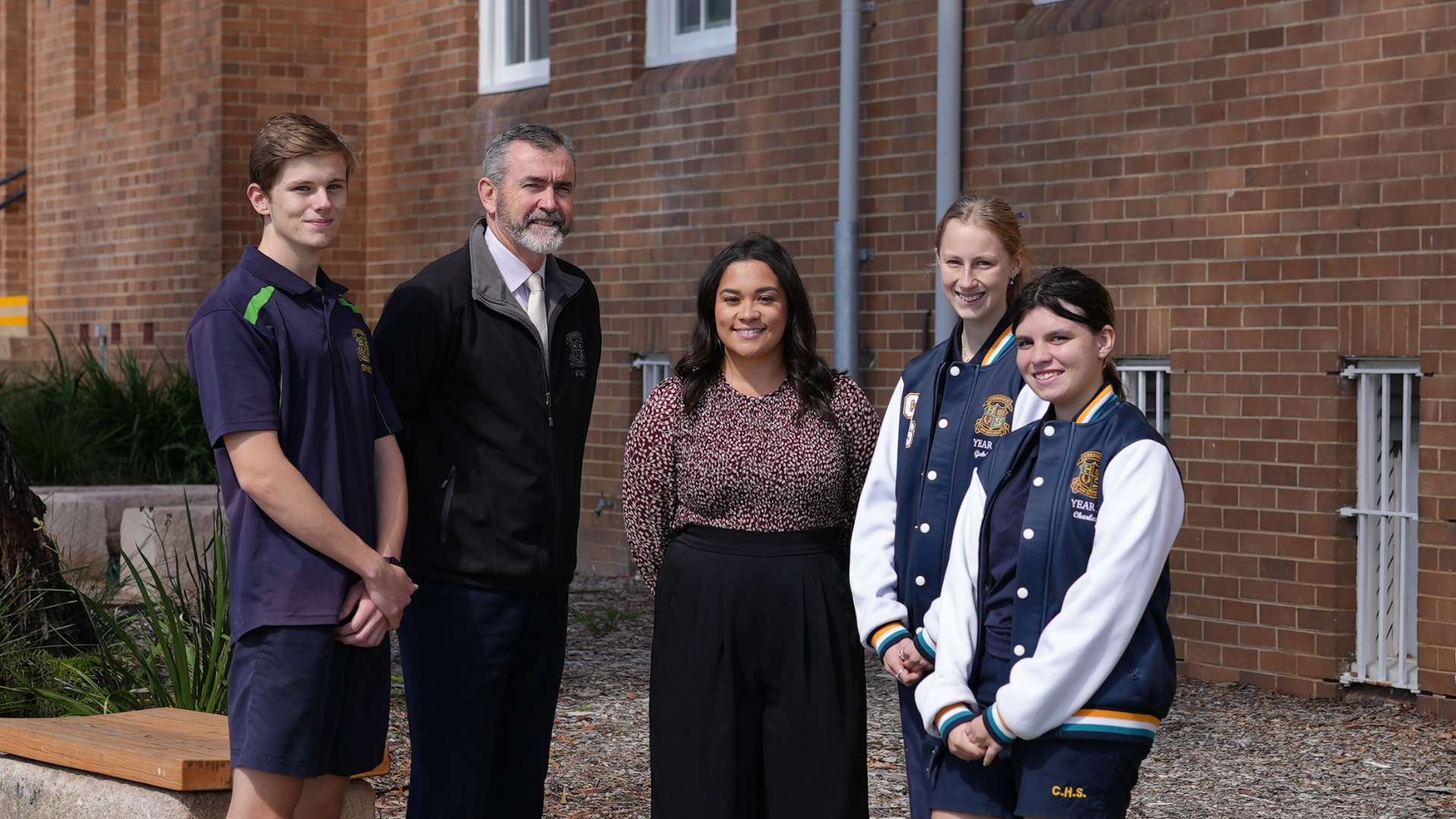Key Points
-
Cessnock High School engaged the University of Newcastle in 2020 in a four year project centred on Quality Teaching Rounds.
-
In 2023, Cessnock High School ranked first in the Hunter region and 11th overall in the state for their growth in NAPLAN results from Year 7 to 9.
-
Thanks to a Paul Ramsay Foundation grant, 25 disadvantaged NSW government schools will be supported to work with the University over the next three years.
Twenty-five NSW government schools in communities with the least access to socio-educational advantage will benefit from a new research partnership project with the University of Newcastle’s Teachers and Teaching Research Centre (TTRC).
Seizing on the compelling findings from the Building Capacity for Quality Teaching in Australian Schools research, the Paul Ramsay Foundation is eager to see how QTR could be used to ensure that people and places have what they need to thrive.
A four-year partnership beginning in late 2020 between the University and Cessnock High School, one of the most socio-educationally disadvantaged schools in the Hunter region, provided a model for the new Thriving Schools project.
In 2023, Cessnock High School ranked first in the Hunter region and 11th overall in the state for their growth in NAPLAN results from Year 7 to 9. Cessnock students’ HSC results also improved by more than 50 per cent in 2022, a result that was replicated in 2023.
Student attendance and engagement grew by seven per cent – triple the average across the state. Positive behaviour referrals were up 130 per cent in 2023 while negative behaviours significantly decreased.
Dr Drew Miller, said a whole-school approach to QTR enables schools to keep a clear focus on teaching and learning despite the other matters that demand their attention.
“The core business of teachers is teaching and learning. However, in these more complex schools, teachers’ energies are often channelled in many directions which limits the time they have to focus on high-quality classroom practice,” Dr Miller said.
“Our research shows that supporting school leaders with tailored whole-school implementation of QTR to suit their needs and providing additional support to teachers undertaking the program, can have dramatic effects on student outcomes as well as improving behaviour, attendance, teacher retention and wellbeing.”
“Importantly, QTR works alongside existing teaching strategies or subject-specific programs to enhance the underlying quality of the teaching, which is why it has such a positive impact on learning.”
Cessnock High School Principal Peter Riley said the school’s approach was one that involved the whole of their community.
“We are really proud of the results we have achieved so far. We’re not just trying to help kids through school here, we’re trying to help the Cessnock community by producing kids who are capable of getting quality jobs, being able to operate as a community member, and adding to our community,” he said.



